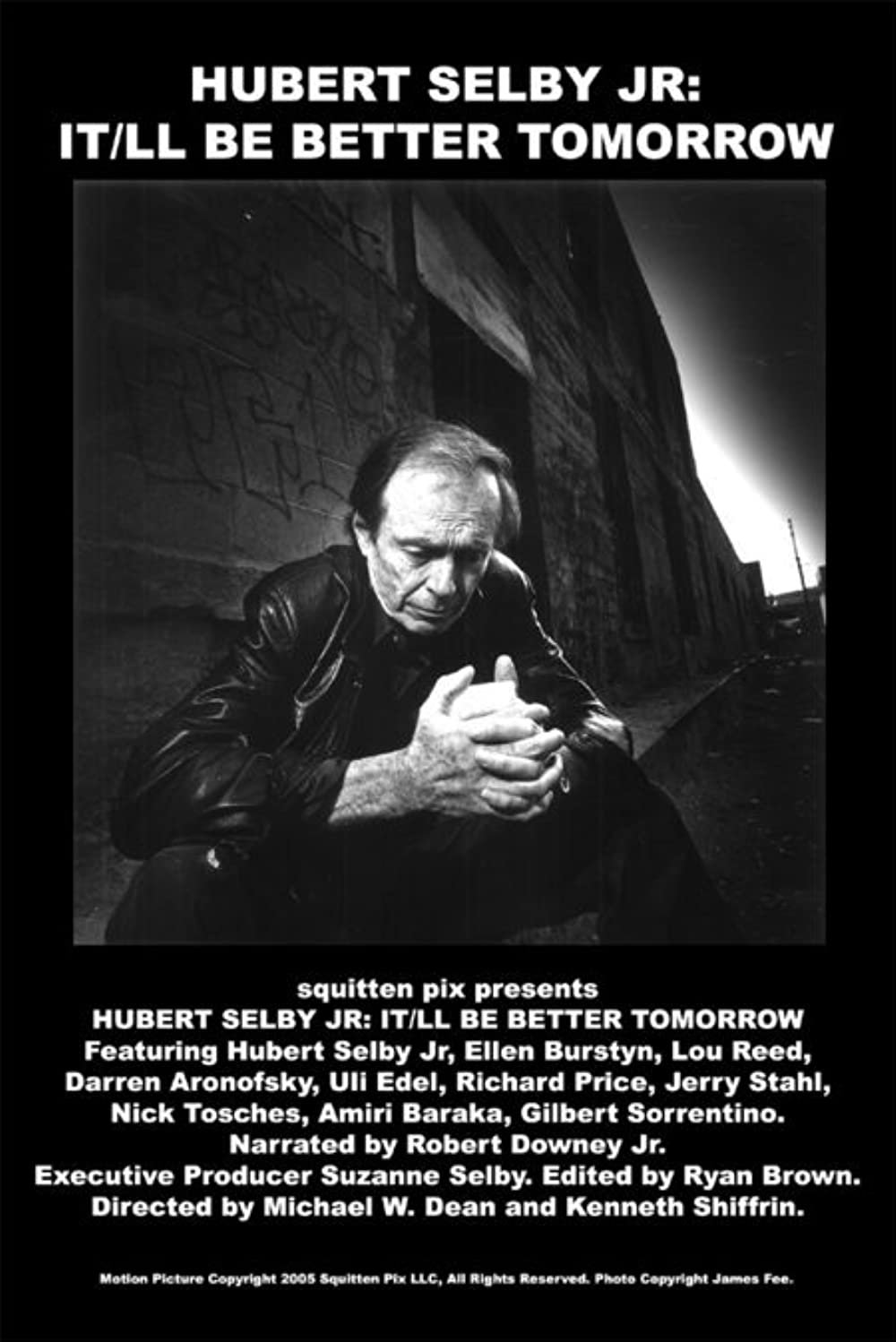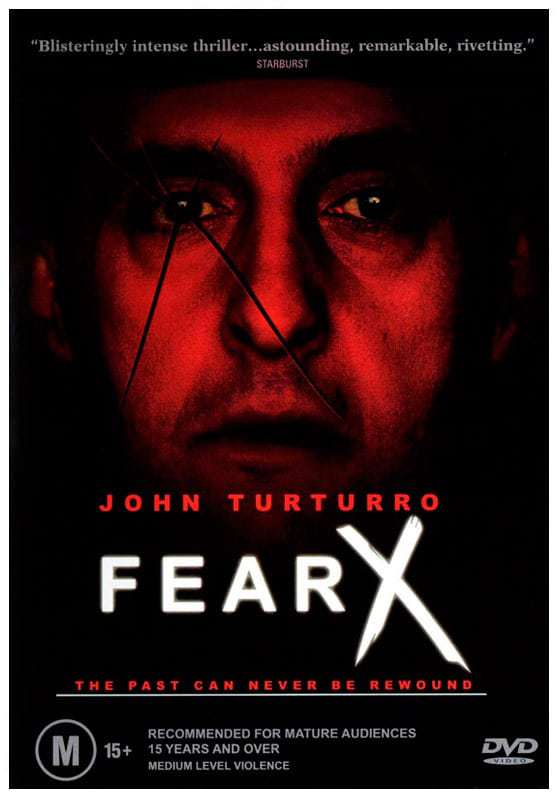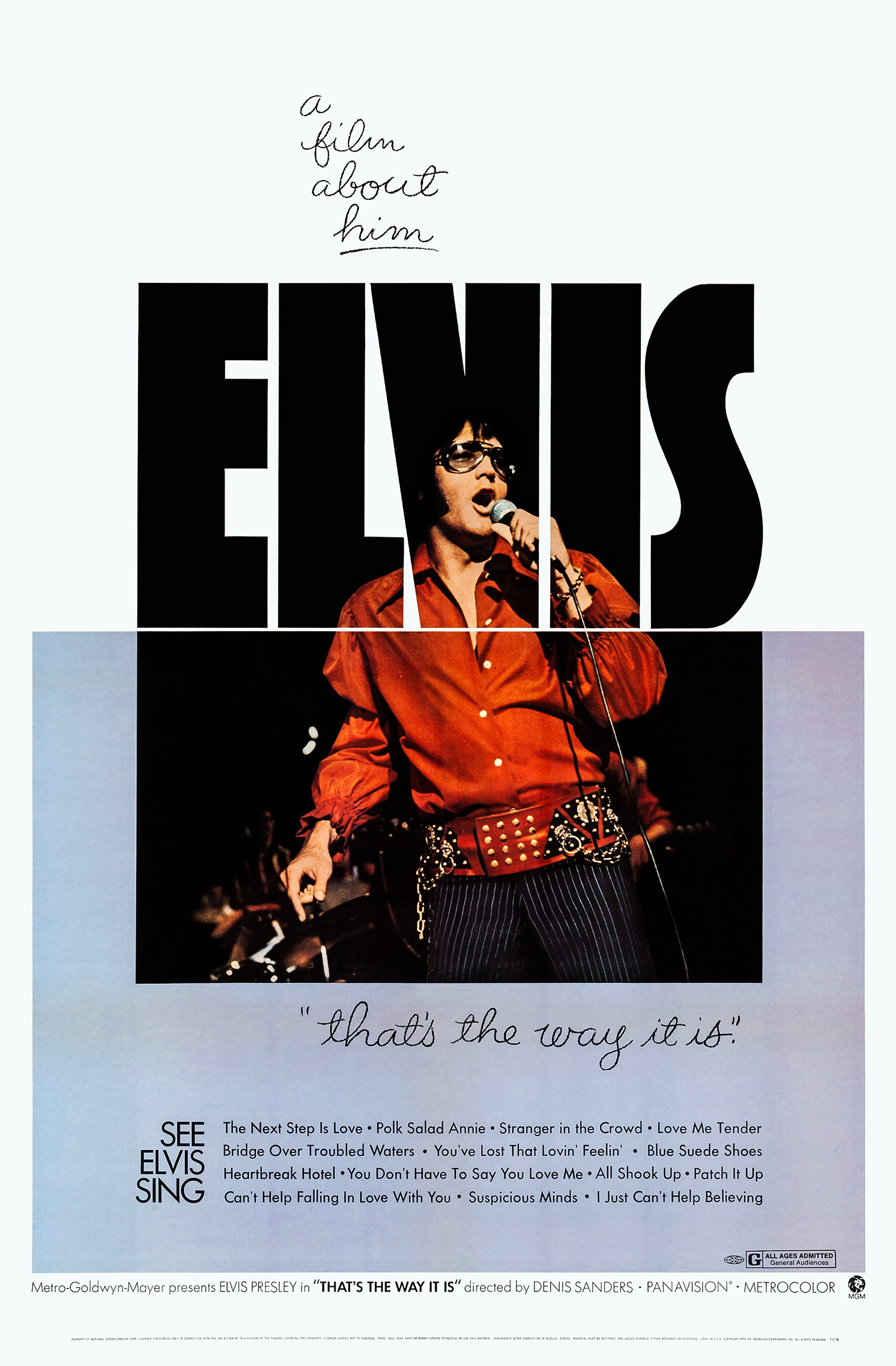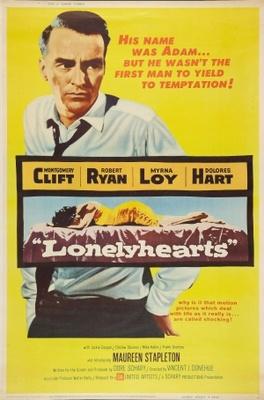In this edition of “I Wake Up Streaming,” novelist William Boyle rounds up his top streaming picks for the month of September. The column’s name is a play on the 1941 film I Wake Up Screaming, starring Betty Grable, Victor Mature, and Carole Landis. While the film’s title hits a pleasing note of terror and despair, changing that one letter speaks to the joy of discovering new films and rediscovering old favorites, as well as the panic that comes with being overwhelmed by options.
Hubert Selby Jr: It/ll Be Better Tomorrow (Kanopy, Tubi) and Fear X (Kanopy, Tubi, Freevee on Prime Video)
I first read Hubert Selby Jr. when I was a junior in high school. As a massive Jennifer Jason Leigh fan, I encountered Uli Edel’s 1989 film adaptation of Selby’s 1964 novel, Last Exit to Brooklyn, first and then sought out the book. At sixteen, having just discovered Lou Reed and Jack Kerouac, I was absolutely blown away by Selby. He’d been born in the neighborhood where I was attending high school, Bay Ridge, a couple of neighborhoods over from my part of southern Brooklyn. And he was writing about the borough in a way I’d never encountered. He was writing about the dirty underside of things. All the rust and brokenness, the shattered glass and cracked concrete. He was writing compassionately about wrecked lives in a style that felt edgy and raw and honest. Last Exit to Brooklyn became—and remains—one of my favorite books. A few short years later, at the beginning of the new millennium, Darren Aronofsky’s adaptation of Selby’s 1978 novel, Requiem for a Dream, was released. At twenty-one, I’d grown up watching and loving Jennifer Connelly in movies ranging from Labyrinth to Career Opportunities, so it was devastating to see her portray Marion, a junkie who sells her soul out of desperation. It was more devastating to see Jared Leto (I can only ever think of him, to this day, as Jordan Fucking Catalano) actually be good in something. I caught up with the book and loved it. I read Selby’s other novels and his story collection as I chanced across them. Over the past few weeks, I’ve found myself revisiting his work, rereading both Last Exit to Brooklyn and Requiem for a Dream, rewatching Requiem (which got a good Blu-ray release a couple of years ago) and trying to find a quality version of Last Exit, digging out my copies of The Room and The Demon (reportedly Andy Kaufman’s favorite book), and rewatching It/ll Be Better Tomorrow and Fear X, two vastly underrated treasures from the Selby canon.

It/ll Be Better Tomorrow is a seventy-nine-minute documentary about Selby’s life and work by Michael W. Dean and Kenneth Shiffrin. It’s narrated by Robert Downey Jr. and features interviews with Ellen Burstyn, Lou Reed, Jerry Stahl, Henry Rollins, Darren Aronofsky, Amiri Baraka, Gilbert Sorrentino, and other Selby cohorts, scholars, students, and fans. Selby, known affectionately as “Cubby,” also pops up in plenty of archival footage, reading from his work and talking about his life as a writer. Sometimes you watch or rewatch something at the exact right moment in your life, and that was the case for me with this doc this past week. I needed to hear Cubby’s words. I needed to hear people talking about what made his work so extraordinary. It lit a fire under me. It made me remember why I fell in love with his words, what it was that drove me to love words and language enough to want to build a life out of making stories. Sometimes, in the face of rejection and/or being in the midst of a creative slump, it can feel like there’s no way out. Cubby’s voice comes screaming across time to reinforce ideas about why and how artistic expression matters. “Being an artist,” he reminds us, “doesn’t take much, just everything you got.” Those words drove a nail through my doubts. Whether you’re a fan of Selby or just starting out with his books, It/ll Be Better Tomorrow is a terrific primer. I also highly recommend checking out the Backlisted episode on Last Exit to Brooklyn; Selena Godden reads excerpts from the novel, and it’s haunting and lovely.

Fear X, the 2003 film that Selby co-wrote with Nicolas Winding Refn, feels like a fever dream. The story goes that Refn, flying high on the success of Pusher and Bleeder, wanted to collaborate with his literary idol and simply sought him out. I’m paraphrasing here, but Refn would often say something along the lines of: “If Dostoevsky’s alive, you try to collaborate with him.” Selby, nearing the end of his life, was open to the idea, and the result was Fear X, which garnered some disdain upon its release but feels—as a vibey, melancholy, existential crime picture where violence only happens off-screen and there are multiple dead-ends and detours—ahead of its time. John Turturro stars as Harry (Selby’s main characters are always Harrys), a mall security guard whose wife has been murdered in a random incident in a parking garage. He pores over security tapes for some indication of who might be responsible for his wife’s death. The cops are at a loss. When he breaks into a strange and seemingly empty house on a hunch, he finds clues that indicate some sort of surveillance has been taking place there. Everything is a possibility. Everyone is a suspect. Everything is a lead. He follows the trail from Wisconsin to Montana, gunning to discover the identity of his wife’s killer. Turturro, at his most haunt-eyed, is wonderful, giving a restrained and emotional performance. The cinematography is by former Kubrick collaborator Larry Smith, and the score is by Brian Eno. Revisiting the film for the first time in about fifteen years, it seemed unreal to me that it even exists and that it’s not discussed more. You can feel Selby all over it. And, in many ways, it’s Refn at his absolute best, filtering the influences of David Lynch and Stan Brakhage through Selby’s vision of the world. It’s certainly Refn’s most underrated movie. Resonant, ambiguous, paranoid, bleak, and full of incredible reds. Seek it out.
This Is Elvis (HBO Max)

I love Elvis Presley. I can’t remember how or why Elvis started making sense to me. Maybe it was True Romance that started the ball rolling. Maybe it was something else. I’d heard so many of the songs on the oldies station my stepdad always had on, and they’d mostly gone right through me as a kid. Then, suddenly, I got it. Especially the Sun Records stuff and the late-sixties and early-seventies records and performances. Peter Guralnick’s books on Elvis are excellent—they hit me hard. The fact that there hasn’t been a major Elvis biopic (other than John Carpenter’s 1979 made-for-TV movie starring Kurt Russell) until now is pretty astounding. All of this seems to add up to me recommending Baz Luhrmann’s Elvis, which is now streaming on HBO Max after a successful summer in theaters. I’m not a Baz Luhrmann fan. There are many reasons why, but I try not to focus on things I don’t like. I’m not a critic. I’m just some chump who insists—for interests of his own mental health—on mostly discussing stuff I love. I watched Elvis. I thought Austin Butler was terrific. It was, to Luhrmann’s credit, not one of these sanitized, by-the-numbers biopics we’ve grown accustomed to but instead something way more grandiose, a hurtling ball of neon exploding like fireworks over a city on fire. It plays like a furious, unhinged medley. It was very much not my thing on the whole. So, instead, I’ll recommend This Is Elvis, also streaming on HBO Max as part of their current Elvis-heavy lineup. It’s a biographical docudrama that tells Elvis’s story through a mix of reenactments and rare footage. Thankfully, it’s pretty light on the reenactments (though it’s frontloaded with them, so stick with it to get to the good stuff) and jam-packed with incredible footage, much of it not available elsewhere. And yes, this was released just a few years after Elvis’s death and is clearly an exploitative cash grab bearing the greasy stamp of approval of Colonel Tom Parker. The last fifteen minutes—a late Elvis performance, only weeks before his death, followed by funeral footage soundtracked to “An American Trilogy”—are absolutely transcendent. Nick Cave documented the impact this film had on him in an early Red Hand Files letter, easily one of the best things I’ve ever read about Elvis and the power of performance as “pure religion.” I won’t insist that you watch This Is Elvis instead of Elvis—your tolerance for Baz Luhrmann’s fidgety, restless style might be far greater than mine—but actually seeing the real Elvis, all heart and emotion, is preferable, in my estimation, to hollow spectacle.
Lonelyhearts (Tubi)

I have a handful of streaming services, and I’m constantly surprised that I find myself saying Tubi is the best. Yes, you have to suffer through ads, placed jarringly between random scenes, but there’s currently no greater mainstream repository for off-the-beaten-path movies. Case in point: Lonelyhearts, Vincent J. Donehue’s 1958 film adaptation of Howard Teichmann’s 1957 stage play adaptation of one of my favorite books of all time, Nathanael West’s Miss Lonelyhearts, a novella published originally in 1933 and often included in a twofer edition alongside The Day of the Locust (I must have five copies of that beautiful black New Directions paperback, purchased at library sales and used bookstores). I spent the greater part of yesterday struggling to read an essay collection and novel I have some duty to finish. When that happens to me, as it often does, I go back to a favorite book to break the rut. On this occasion, I chose Miss Lonelyhearts, probably the tenth time I’ve read it, gulping it down in an afternoon, feeling reinvigorated, reeling from the impact of West’s prose (pound for pound, among the best fiction writers ever, despite his brief career). Having reread the book, I wanted to then rewatch Lonelyhearts, which I’d only seen once before, in passing on TCM. I knew it had never gotten a physical release and figured it wouldn’t be streaming anywhere. I held out hope that someone might’ve uploaded it to YouTube, preferring not to seek it out on the darker edges of the internet. But, much to my surprise, there it was, waiting for me on Tubi. Lonelyhearts stars my favorite actor, Montgomery Clift (post-accident) as Miss Lonelyhearts, a reporter assigned to the newspaper’s “agony column.” It also stars the great Robert Ryan, Myrna Loy, and Maureen Stapleton (in an Oscar-nominated turn), and it was shot by noir maestro John Alton. Much is changed from the book, which is darkly funny, cynical, shocking, frank in its discussion of sexuality and religion, and must’ve especially rattled some cages in 1933, but the movie is effective and memorable on its own terms. It’s strange, bleak, and moving, fueled by those four central powerhouse performances and Alton’s cinematography.
William Boyle is the author of the novels Gravesend, The Lonely Witness, A Friend Is a Gift You Give Yourself, City of Margins, and Shoot the Moonlight Out, all available from Pegasus Crime. His novella Everything Is Broken was published in Southwest Review Volume 104, numbers 1–4. His website is williammichaelboyle.com.
